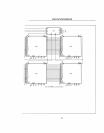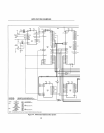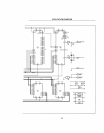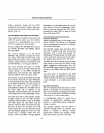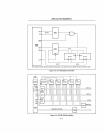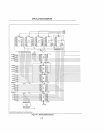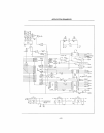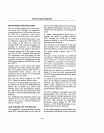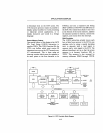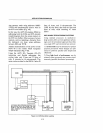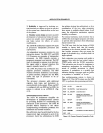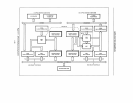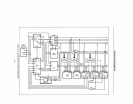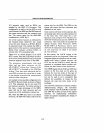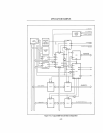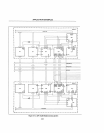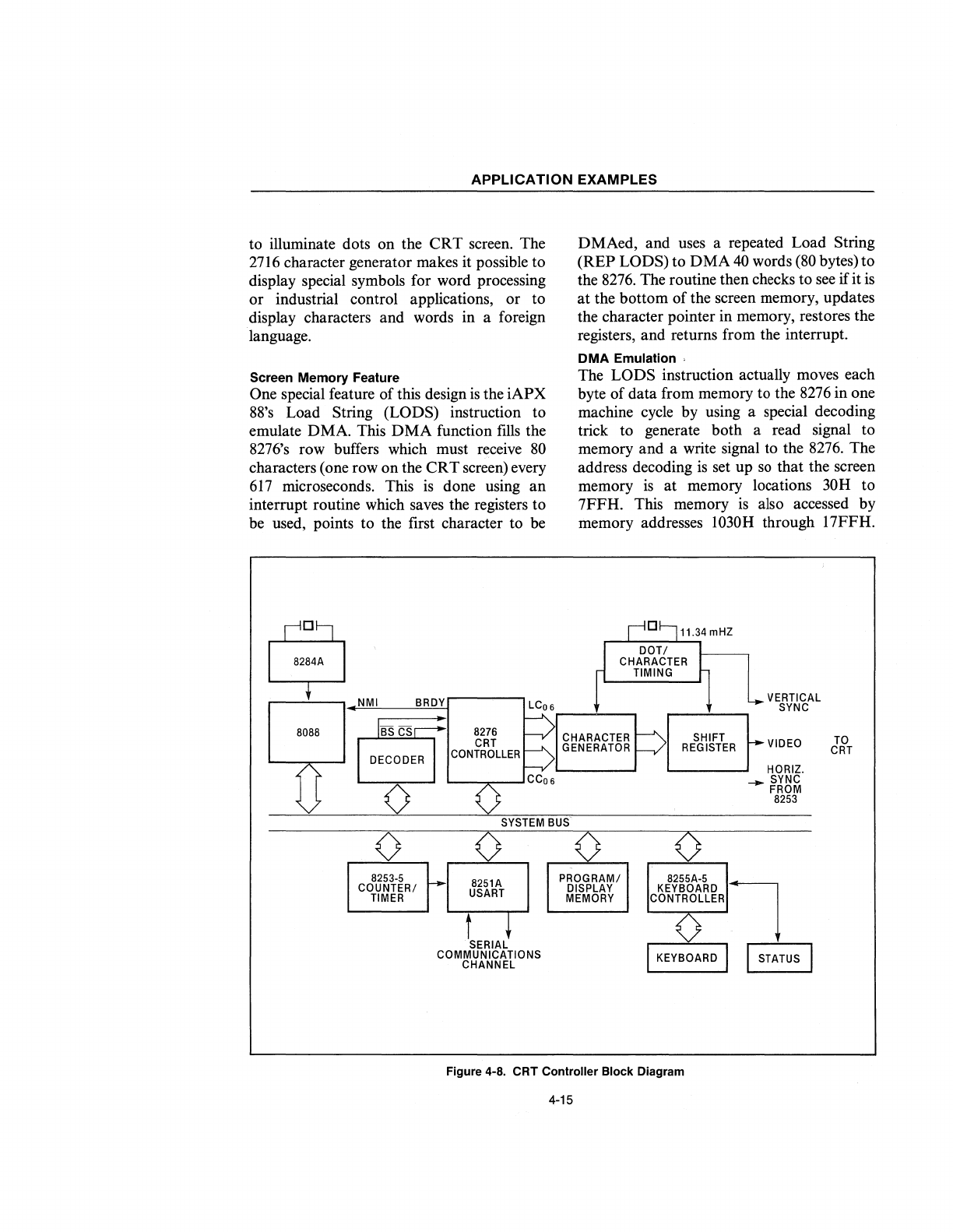
APPLICATION
EXAMPLES
to illuminate dots on the
CRT
screen. The
2716
character generator makes it possible to
display special symbols for word processing
or industrial control applications, or to
display characters and words in a foreign
. language.
Screen Memory Feature
One special feature of this design
is
the iAPX
88's Load String
(LODS) instruction to
emulate DMA. This
DMA
function
fills
the
8276's row buffers which must receive
80
characters (one row on the
CRT
screen) every
617
microseconds. This
is
done using
an
interrupt routine which saves the registers to
be used, points to the first character to be
8088
NMI
BRDY
DECODER
o
8253·5
COUNTER/
TIMER
8276
CRT
CONTROLLER
L.-_.,........---J
CCo 6
8251A
USART
t
SERIAL
COMMUNICATIONS
CHANNEL
DMAed, and uses a repeated Load String
(REP
LODS) to
DMA
40
words (80 bytes)
to
the
8276.
The routine then checks to
see
if
it is
at
the bottom of the screen memory, updates
the character pointer in memory, restores the
registers, and returns from the interrupt.
DMA Emulation '
The LODS instruction actually moves each
byte of data from memory to the
8276
in one
machine cycle by using a special decoding
trick to generate both a read signal to
memory and a write signal to the 8276. The
address decoding
is
set up
so
that the screen
memory
is
at
memory locations 30H to
7FFH. This memory
is
also accessed by
memory addresses 1030H through 17FFH.
11.34 mHZ
..-....1-
__
1....-...,
PROGRAM/
DISPLAY
MEMORY
VERTICAL
SYNC
VIDEO
HORIZ.
__
SYNC
FROM
8253
8255A·5
KEYBOARD I
CONTROllER . j
I KEYBOARD I I STATUS
TO
CRT
Figure 4-8.
CRT
Controller Block Diagram
4-15



